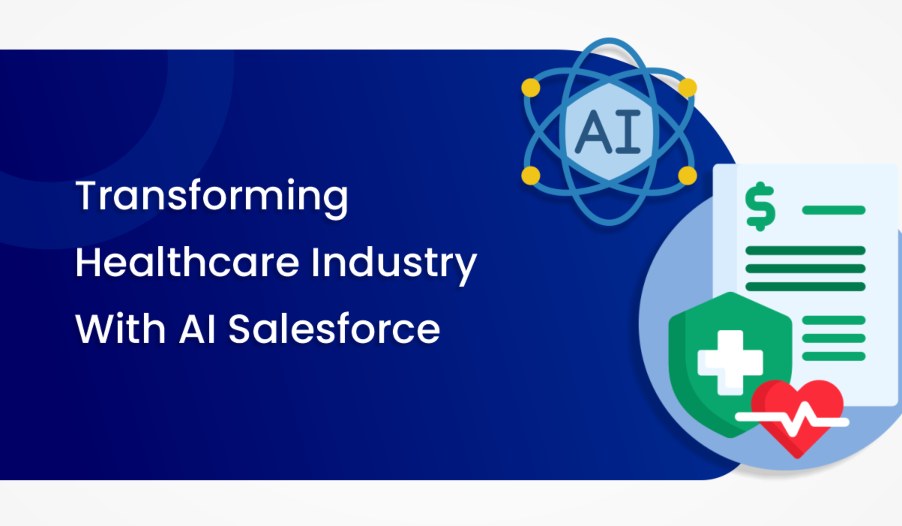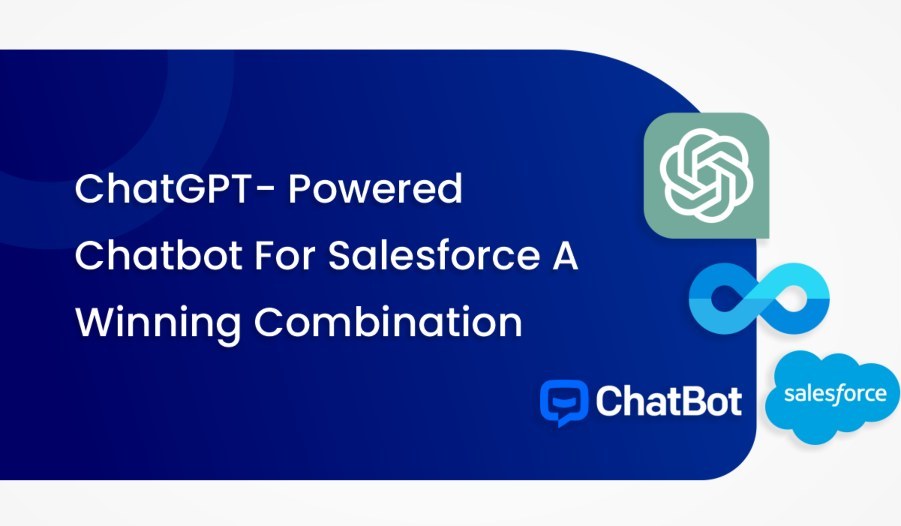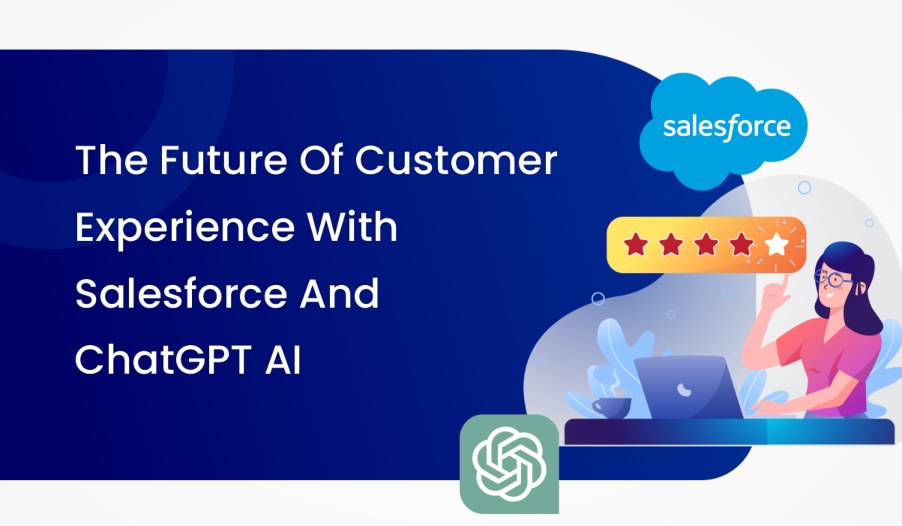Artificial intelligence (AI) and machine learning are two technological advancements reshaping office environments and business operations. An AI-enabled business application might be anything from a more in-depth knowledge of consumer data to an HR application like hiring and recruiting.
By using AI automated recruiting, recruiters may take a candidate-first strategy. They can make better recruiting judgments by reviewing enormous amounts of data from the talent market and communicating with candidates consistently. Companies may become more effective advocates for job applicants by using this method.
What Is AI For Recruiting?
AI automated recruiting is to find, select, and hire employees for particular positions. Automation of tedious and time-consuming processes is its primary purpose. Pre-screening many applicants and matching individual profiles to specific job opportunities are two of the most noteworthy examples.
Candidates’ resumes are analyzed using AI-based solutions for recruiting to discover preset competencies relevant to the position. A candidate’s education, work experience, and even cover letters are used to determine whether or not they are qualified for the post.
It can help determine the talents and expertise required from applicants to create revenue; recruiters may use AI-assisted technologies to acquire specific insights into the company’s development objectives and recruiting requirements.
Organizations may also discover more about other firms’ private recruiting and expansion plans and industry trends, using big data sets that are free and publicly available. You can begin a recruitment campaign that will quickly and effectively bring in the ideal individual when you have this information.
What’s The Purpose Of Using Ai In The Recruitment Process?
Now, you must wonder how artificial intelligence is changing the recruitment process? Many firms are turning to artificial intelligence in their hiring procedures for various reasons. The most important advantage of an AI-driven solution for recruiting applicants is that it may immediately alter your recruitment process and improve its quality. Following are the benefits of using AI in the recruitment process:
-
Increased Employment Quality
As every HR manager knows, one of the most important KPIs for the industry is quality of hire, which measures how well the hiring process performs to bring in productive employees. Now that artificial intelligence (AI) can match applicants with vacant jobs using previously processed data, hiring managers may depend on that statistic to improve.
Alternatively, the AI solution may examine an applicant’s knowledge, abilities, and experience and match it to the job criteria to determine how qualified the individual is. Due to the algorithm’s prior expertise and training, it can deliver exact evaluations of each applicant. This results in more successful recruits, enhancing productivity and minimizing staff turnover.
-
Sorting & Filtering Resumes
Artificial intelligence (AI) seeks to automate labor-intensive operations such as application screening and matching job seekers with exact job specifications to save time and resources.
According to statistics on hiring, only four to six individuals out of every hundred who apply for a job receive a call to schedule an interview. This is generally lower for a senior-level role; artificial intelligence and recruitment technology are taught to scan resumes to gather preset abilities relevant to the job requirements.
A recruiting manager has to place keywords related to the post on AI software and automatically throw away resumes that do not include such phrases. Recruiters may continue adding keywords and raising the required filters until they locate the most significant number of prospects for interviews.
-
Digitized Interviews
Companies are turning to artificial intelligence (AI)-enabled interview aids to assess job candidates better. Suitable candidates may be overlooked because of interviewer prejudice if a pre-screening process is used.
Pre-screening digital conversations may be shared with recruiting teams at their convenience and seen at any time to ensure that the interview process is transparent and that candidates are comfortable with being interviewed from a distance.
-
Soft Skills & Personality Assessment
HR experts typically believe that personal attributes are as vital as complex abilities. The conventional recruitment technique depends on body language clues to measure soft skills. This strategy has only resulted in fifty percent success since recruiting supervisors, even the most brilliant, have prejudices. Bais frequently lead to the hiring of less qualified individuals and the loss of elevated candidates.
A blind systematic strategy based on data is essential to attain the best outcomes in soft skills assessments. AI technology is the solution to the question.
Candidates’ mental and emotional traits and attitudes to various circumstances may be assessed using AI software, which can be utilized in soft skills and personality assessments throughout the hiring process.
-
Time & Money Saved In The Hiring Process
Traditional HR practices involved recruiters manually evaluating resumes to discover individuals who were a better fit for the position. Recruiters were often overburdened, which naturally cost a lot of time and resources.
The fact is that going slowly might lead to the loss of qualified job seekers who may have already accepted offers from other organizations by the time recruiters had the chance to speak with them.
All of it can be left in the past, thanks to AI. An AI-driven recruiting system that has been adequately trained can automate the tedious process of reviewing applications and making a shortlist of the most qualified applicants.
Thanks to this innovation, hiring for an available post may be completed much more quickly. That, in turn, influences the cost of the overall recruitment process since it spares recruiters from endless hours of analysis.
-
Greater Inclusion In Hiring
You’ll need more than simply an excellent heart to succeed. Today, it is a moral duty for all businesses to promote a work atmosphere that is more diverse and inclusive. Any diversity and inclusion campaign must address the systematic and cultural prejudices that may have crept into the recruiting process to be effective. AI, fortunately, can assist with this.
Due to AI’s reliance on datasets for the recruiting process, creating them from the ground up is vital to guarantee a representative sample of the population. Gender, race, sexual orientation, and physical appearance aren’t considered in such a database.
It’s not a precise science because of the ethical issues that arise throughout the AI development process. Diversity can only be achieved in the workplace if employers are aware of and actively endeavor to produce the most ethical AI recruitment solution feasible.
-
Fully Adaptive To Remote Hiring
The widespread adoption of the remote work paradigm has been one of the most significant repercussions of the COVID-19 epidemic on enterprises. Left without any option, most organizations established work-from-home practices amid the lockdowns and stay-at-home directives.
Thus recruiting procedures must change to accommodate applicants located in distant areas. The strategy has shown to be a success and is expected to be around for a long time.
-
Enhanced Interaction with Potential Hires
As everyone who has gone through an interview session knows, communication is crucial. When a candidate applies for a job, goes on an interview, or the firm makes a choice, they anticipate a fast answer. Unfortunately, sometimes recruiters are so overloaded manually replying to every prospect that communication suffers.
This is another area where using AI in recruitment might be beneficial. For example, it can send out emails automatically once an applicant applies, remind them about a future interview, or let them know how things went with the post. By providing applicants with the input they need to know what to anticipate throughout the interview process, recruiters can provide a better interview experience.
The Future of HR is AI
To say that artificial intelligence (AI) is the future of human resources (HR) is inaccurate since several AI solutions presently available are transforming recruiting procedures all over the place.
Think that what you can find right now is the definitive version of artificial intelligence for recruitment. It’s just a matter of time until AI-based recruiting solutions become more advanced.
Artificial Intelligence (AI) may be able to quickly automate a large portion of the recruiting process while also reducing the time and cost of hiring and increasing workforce diversity.
It’s not hard to see AI taking over the whole talent acquisition process as it becomes more advanced. Even if it’s just a pipe dream, for now, the present status of recruitment and AI demonstrates that the industry stands to gain a lot from this technology.
Machine learning and artificial intelligence will undoubtedly displace humans from many current occupations shortly. However, no matter how advanced artificial intelligence grows, it will not be able to replace human judgment in the recruiting process.
On the other hand, Artificial intelligence would significantly enhance human intelligence throughout the whole talent acquisition process while also speeding up and streamlining the entire process.
Final Thoughts
At present, AI is being employed in various industries like health care, banking, and the media and entertainment industry, and one company named Techila Global Services is helping in doing so.
However, there is a concern that it might lead to a loss of employment, resulting in a rapidly expanding global population. Even though this anxiety is understandable, human beings have never been supplanted by technology – not during the industrial revolution.
The use of artificial intelligence in the recruitment process is unquestionably the future. AI recruitment is seen as innovative and sophisticated, making it difficult for any organization to locate high-value applicants.




